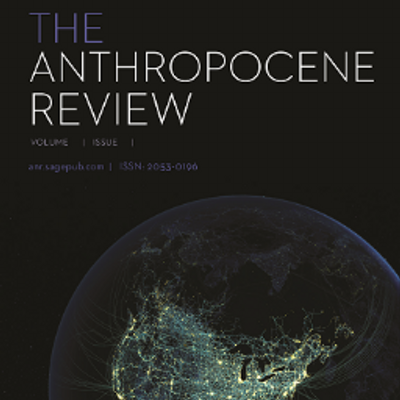A Critical Examination of the Climate Engineering Moral Hazard and Risk Compensation Concern
The widespread concern that research into and potential implementation of climate engineering would reduce mitigation and adaptation is critically examined. First, empirical evidence of such moral hazard or risk compensation in general is inconclusive, and the empirical evidence to date in the case of climate engineering indicates that the reverse may occur. Second, basic economics of substitutes shows that reducing mitigation in response to climate engineering implementation could provide net benefits to humans and the environment, and that climate engineering might theoretically increase mitigation through strong income effects. Third, existing policies strive to promote other technologies and measures, including climate adaptation, which induce analogous risk-compensating behaviours. If the goal of climate policy is to minimize climate risks, this concern should not be grounds for restricting or prohibiting climate engineering research. Three potential means for this concern to manifest in genuinely deleterious ways, as well as policy options to reduce these effects, are identified.
Published online ahead of print in 2014.

